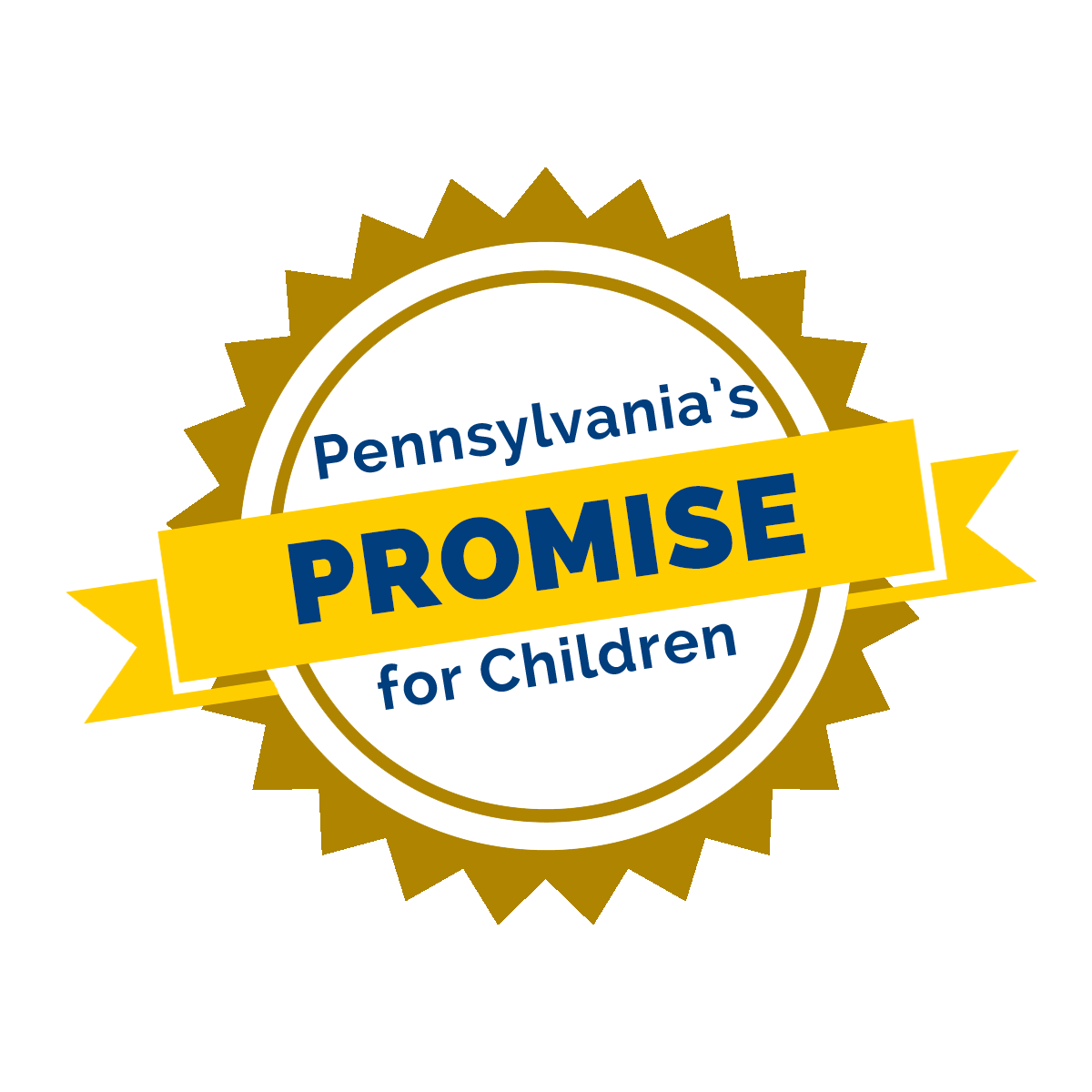
The beginning of a new school year and the arrival of fall remind us of the importance of routines. While we always enjoy a break from the same-old, same-old, getting back into the familiar routines of fall creates stability and a sense of the familiar. For young children especially, those familiar routines are important to their overall healthy social and emotional development.

Routines Help Children
- Make sense of the world and learn how the world is organized.
- Feel secure and safe when many things in their environment, including themselves, are constantly changing.
- Develop their ability to regulate their own emotions and behavior.
- Learn skills and internalize habits through repetition.
- Learn self-discipline and develop personal responsibility.
- Set their internal body clocks (e.g., by eating meals and going to bed at the same time every day).
- Have a sense of independence and autonomy when much of what happens is out of their control.
- Engage in fewer power struggles, arguments, and conflicts with parents and caregivers.
- Develop confidence and self-esteem as the various tasks are mastered.
- Anticipate and look forward to what comes next.
- Have continuity, consistency, and predictability in their lives—all very important in a world where much is unpredictable.

Tips for establishing and enforcing routines
- Create visual reminders or a picture schedule for a typical day.
- Plan structured activity periods; e.g., right after a nap, play a game.
- Break routines into steps; e.g., getting ready for bed (bath, pajamas, brushing teeth, story time, singing).
- Prepare the child for movement from one activity to the next (“In 10 minutes, we will …).
- Develop regular routines for daily activities, such as meals, bed time, story time, quiet time. Be flexible and creative; try not to be rigid and unable to adjust to unusual circumstances.
Resources
Call Pennsylvania’s CONNECT Helpline at 1-800-692-7288 for information about your child’s development and connecting to Early Intervention Services in Pennsylvania.
Get information about the Infant Early Childhood Mental Health Project.
